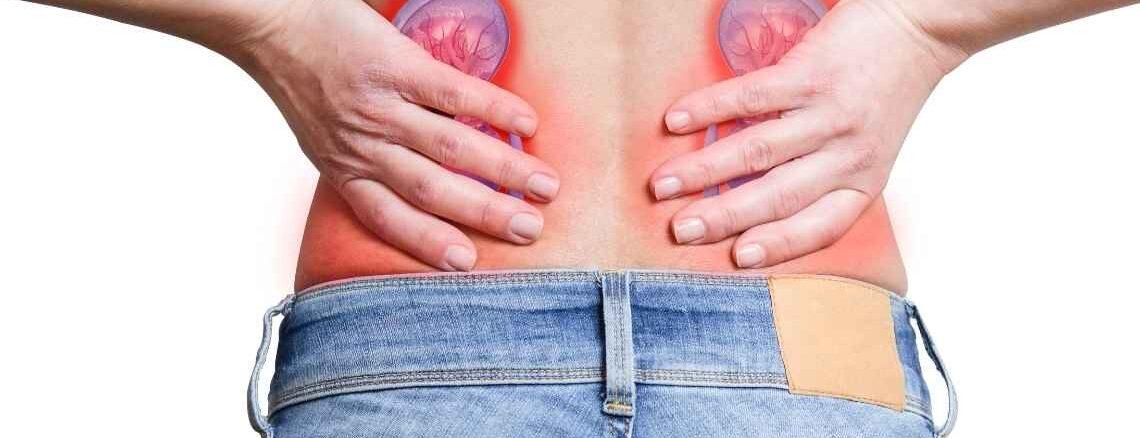
What Should People with Kidney Stones Avoid Eating?
When certain substances are present in excess in the urine, hard deposits known as kidney stones can form in the kidneys. These compounds may include calcium, oxalate, or uric acid. While kidney stones can develop in anyone, certain dietary practices can increase the likelihood of stone formation.
If you have kidney stones, it is very important to monitor your diet and avoid anything that could worsen your condition. Here are some general recommendations on what to avoid:
- High-sodium foods: Sodium increases the amount of calcium excreted in the urine, making calcium-based kidney stones more likely. Processed foods, fast food, canned soups and vegetables, and snacks like crackers and chips are high in sodium and should be avoided.
- High-oxalate foods: Some foods contain oxalate, a substance that can bind to calcium in the urine and cause kidney stones. Nuts and seeds, chocolate, soy products, beets, spinach, and wheat bran are examples of foods high in oxalate.
- High-purine foods: Some foods contain purines, a type of protein that breaks down into uric acid. High levels of uric acid in the urine increase the risk of uric acid stones. Anchovies, sardines, organ meats, and gravies are examples of foods high in purines.
- Alcohol: Alcohol can affect the body ability to process uric acid, increasing the risk of developing uric acid stones.
- Sugary drinks: Sugary beverages like cola can increase the likelihood of forming calcium oxalate stones.
- Calcium supplements: While calcium is important for bone health, some people may develop kidney stones if they take calcium supplements. If you use calcium supplements, consult your doctor for the appropriate dosage.
The Importance of Food and Drink Choices in Preventing Kidney Stones
To help flush the kidneys and prevent stone formation, it is important to drink plenty of fluids, especially water, in addition to avoiding these specific foods. Your individual condition and the type of kidney stone you have will determine which fluids and how much you should consume. The ideal fluid intake for you can be determined with the help of your doctor or a licensed dietitian.
While avoiding certain foods can help reduce the risk of kidney stones, it is important to remember that kidney stones are not always completely preventable. However, changing your diet and following medical advice can help reduce the risk of developing more stones and may even help dissolve existing ones.
It is essential to work with a healthcare professional to determine the underlying cause of your kidney stones and develop a management strategy. This may include medication, lifestyle changes, or additional treatment options.
High calcium levels in the urine can increase the risk of calcium-based kidney stones, so it is important to monitor your overall calcium intake if you have kidney stones. To maintain healthy bones, it is also important to consume adequate calcium throughout your diet.
Dairy products such as milk, cheese, and yogurt, as well as fortified foods like orange juice and tofu, are excellent sources of calcium. Leafy green vegetables such as kale and broccoli are also high in calcium.
In addition to monitoring your calcium intake, it is important to control your oxalate intake, as excess oxalate in the urine can increase the risk of calcium oxalate stones.
In conclusion, if you have kidney stones, it is very important to pay attention to your diet and avoid foods and drinks high in sodium, oxalate, purines, or sugar, as well as alcohol and calcium supplements. Additionally, consuming plenty of fluids to flush the kidneys and prevent stone formation is crucial. With the help of a healthcare professional, you can make appropriate dietary and lifestyle changes to manage your kidney stones more effectively.
References:

Social Media